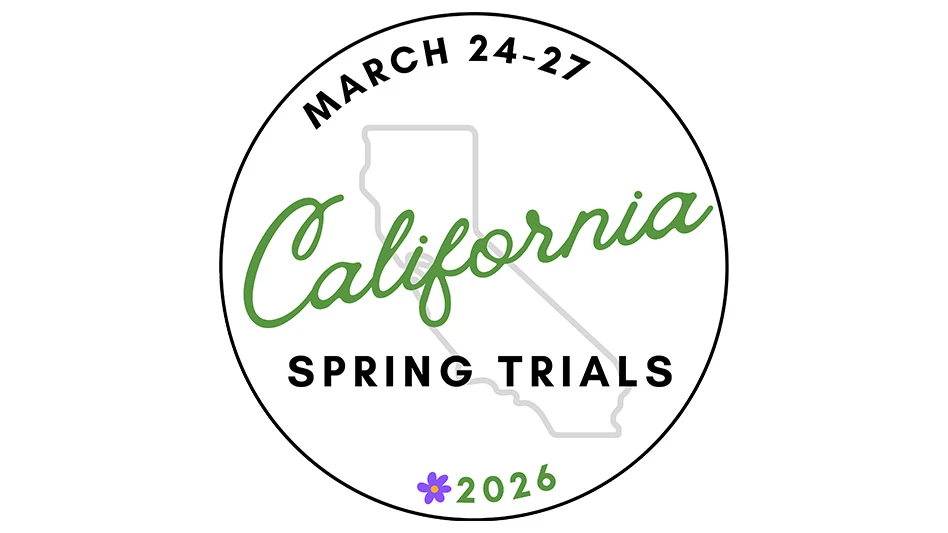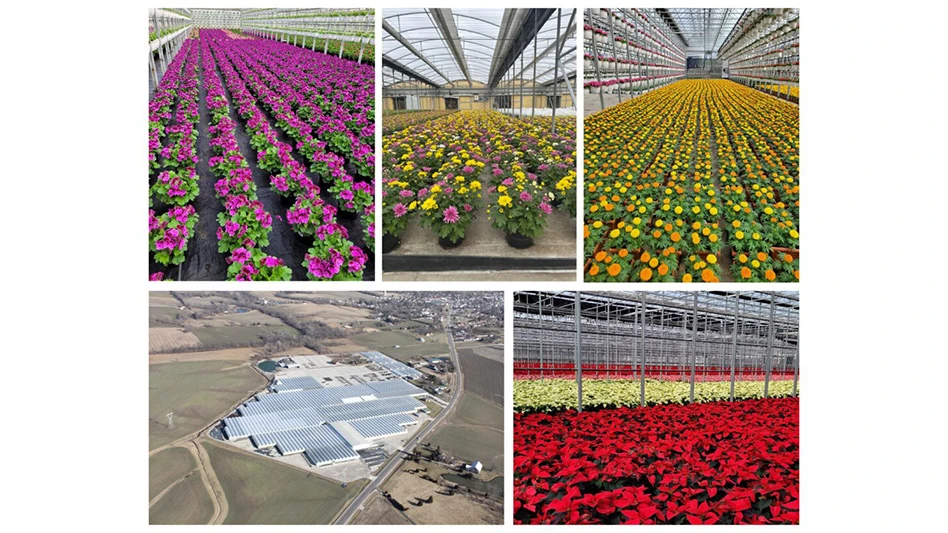
ILLUSTRATION © JulsIst
It earned its name in 1956, but science fiction writers have been marketing artificial intelligence in their storylines since Isaac Asimov published his book, “I, Robot,” in 1950. AI’s timeline goes back even further to the early 1940’s, when we humans first started tinkering with electronic computers.
As life often imitates art, the publishing of Asimov’s book was right about the time that Alan Turing – considered the father of modern computer science and one of the fathers of artificial intelligence – published his landmark article, “Computer Machinery and Intelligence.” It promoted his Imitation Game Turing Test.
The idea was that if a machine could talk with a person without letting on that it was, well, a machine — it could demonstrate human intelligence. Turing’s test has since been criticized as computer-centric and human-remiss but, hey, it was a start. And it reminds me a lot of Alexa and Siri.
Fast forward to 1991. The U.S. military employed an AI program called the Dynamic Analysis and Replanning Tool, or DART for short. It was used to solve logistical problems and schedule movement of supplies and personnel, reportedly saving millions of dollars. Soon after, support vector machines and neural networks entered the tech conversation.
Suffice it to say, over time machines have been gradually getting smarter.
AI, I believe, is poised to be the hottest technology to hit modern business in the 21st Century. It also has fancy marketing labels in case “artificial intelligence” smacks too much of “I, Robot.”

Food farmers call AI “Precision Agriculture.” MIT, in a recent “Technology Review Insights” report, calls generative AI “The Great Acceleration.” Ornamental horticulturists call AI an “opportunity.” And that’s because the plant nursery industry isn’t quite “there” — yet.
Information overload
One exception is Costa Farms. The company is in the beginning stages of integrating iUNU’s AI technologies into its young foliage plant production. For quick background, iUNU (pronounced “you knew”) supports grower and greenhouse operations by providing a full spectrum of technologies driven by artificial intelligence, such as tracking tasks, automating data, optimizing crop strategies and the like.
“We see a lot of potential with AI and its ability to add value to our operations in the nearish future, but at this point it’s too early to tell because we’re still in the implementation process,” says Chauncy Jordan, vice president of innovation.
Even though it’s early, Costa Farms is already beginning to see AI’s impacts. Digging into the technology is helping the company better understand AI’s value proposition.
“It’s helping us think differently and take new approaches to how we solve problems,” Jordan says. “One example is that it’s helping us get even more in-tune with our inputs.” And the technology is generating excitement within the company’s team.
“We’re seeing folks approach it with an ‘I get to do this’ rather than the ‘I have to do this’ mentality,” he says.
With a myriad of issues vying for the horticulture industry’s attention, assimilating AI into nursery operations may be just another thing to add to a long list of priorities. Growing plants has layers, is labor intensive and is less commoditized than Big Ag.
“AI is very promising but we have to broaden the scope beyond just plant production and more into supply chain, forecasting and planning to say it’s the most promising opportunity,” Jordan says. “It can certainly help us grow a better plant, but the biggest proposition for us is to better focus and leverage our workforce on the problems, challenges and opportunities that will really move the needle for us. This is the case, I think, for any horticultural operation.”
Information overload is also part of the dilemma.
“There’s so much data available already that it can be tough to analyze and utilize it all to make truly meaningful decisions,” he says.
There is no “one size fits all,” which means AI may not be right for every grower.
“It’s currently a big investment and you need to have a team that’s really willing to implement it if you’re going to be successful,” Jordan says. “On the flipside, if there’s enough scale and opportunity for a grower, there’s a good chance you’ll lose out on operational and human efficiencies if you don’t utilize AI in the next three to five years.”
Brand strategy
AI is an umbrella term for a host of tools and technologies that are part of a universe of data and diverse applications. It’s our job as leaders and managers to weigh AI’s use-benefits and limitations within the context of our companies’ brand standards.
When considering anything new, caution is necessary when progress is important. My dad (an entrepreneur in the grocery industry and my mentor) was fond of reminding me that when a business decision is begging to be made 1.) buy a little time and 2.) take a calculated risk. This means take a risk if the odds are likely to lean in your favor and the decision won’t keep you up at night. Otherwise, give it a minute until the way is clearer.
As growers buy a little time to consider AI’s opportunities, the marketing side is moving fast. Trialing administrative and creative platforms like ChatGPT, Narrato, Crystal Knows, HoneyBook AI and others is almost a daily process.
My inbox receives a steady stream of emails from what appear to be start-up companies pitching me everything from “all-in-one” platforms that respond to Google Business reviews to sentiment analysis tracking for campaign success. Without caution, the options send me spiraling down a few rabbit holes.
For routine marketing tasks like project management, analyzing insights and scheduling social media, I’m generally on board with AI’s administrative technologies. But I’m “buying time” on AI for content creation until ongoing issues about copyrights, ethics and legalities are sorted out. And that’s the point.
Integrating AI into our brand’s work means customizing its tools and technologies in a way that serves us. Leading brand growth - building a thriving business - is a human endeavor.
Successful businesses know their purpose in the marketplace and the customers they serve. They are realistic about resources and have clear objectives on the way to meeting goals.

Company leaders tell their brand stories strategically. Those stories focus on the people who grow their plants and embody the values they bring to the marketplace. Customers want to do business with people, not logos – and definitely not machines.
AI is not the amazing team that drives your business. AI can be useful technology that supports your amazing team in doing what it does best.
By assigning technology to routine tasks, AI supplements – it does not replace – the company’s human-led operational, administrative and customer service practices. AI cannot imitate human passion. Nor can it replicate creativity, intuition or ingenuity. Speaking from experience, AI can make mistakes and misinterpret data, which requires human checks and balances.
Big Brother robot
It’s tempting to fear that AI could become the “Big Brother Robot” that shoves us aside and takes over our businesses. But it’s better to remember that we are in control.
We decide how AI will help us maximize efficiencies within our companies as we market our brands. And if it doesn’t feel quite right to hire it on just yet, that’s OK.
But the future is coming.
Human beings have been training technology for decades and here we are again – figuring out how to make sense of its evolution. To be sure, there’s no going back. Chauncy Jordan said it well.
“At the end of the day it’s a tool – technology – that we have to evaluate and manage like any other major change,” he says. “It’s only as much of an opportunity as we make it.”
P.S. - No AI content creators were used in the writing of this column.


Explore the March 2024 Issue
Check out more from this issue and find your next story to read.
Latest from Nursery Management
- GIE Media Horticulture Group wins five regional 2025 Azbee Awards of Excellence
- Get to know Pat Reilly with NewGen Boxwood and the American Boxwood Society
- Terra Nova Nurseries introduces rust-free and disease-resistant heucherella
- John T. Nickel, founder of Greenleaf Nursery Co., passes away at 89
- Three tours offered at 2025 Farwest Show
- Garden Media Group announces sixth annual Women in Horticulture Week
- Star Roses and Plants announces National Knock Out Rose Day
- The Growth Industry Episode 4: How federal budget cuts are affecting horticulture nonprofits





